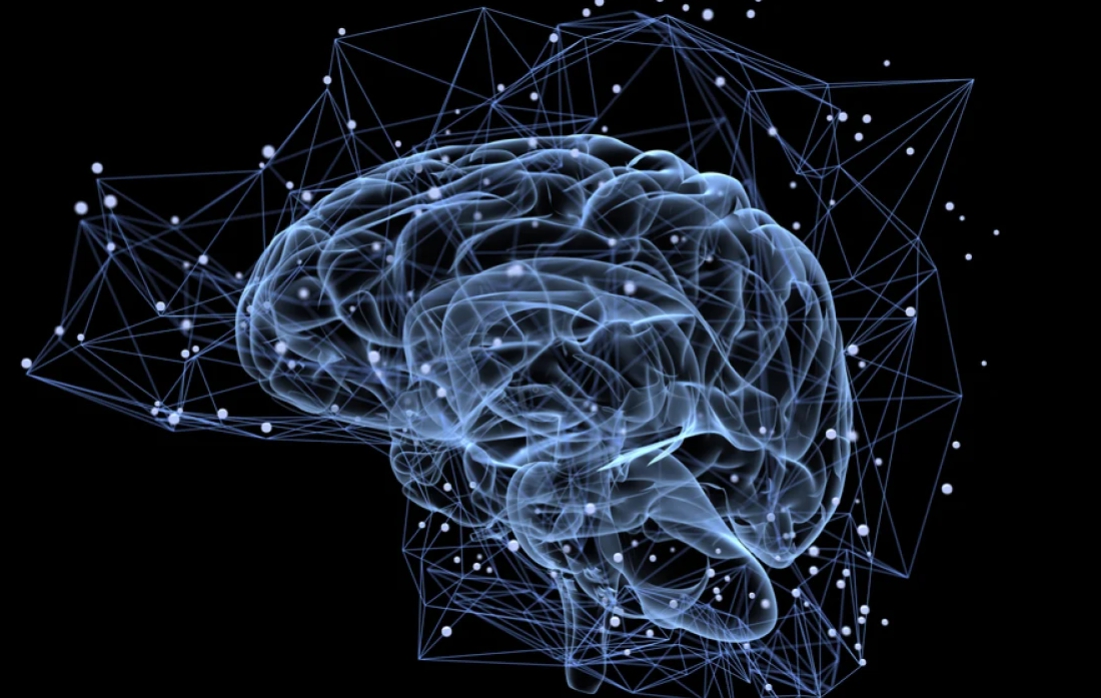There's a great deal of evidence from research that the right hemisphere helps us step back and put our work into big picture perspective. People with damage to the right hemisphere are often unable to gain ah-ha, insights. The right hemisphere, as it turns out, is vitally important in getting into the right track and doing reality checks.
People with strokes can remind us of the dangers of not using our full cognitive abilities, which involve many areas of our brain. Even subtle avoidance of some of our capabilities can have a surprisingly negative impact on our work.
In some sense, when you whiz through a homework or test question and don't go back to check your work, you're acting a little like a person who's refusing to use parts of your brain. You're not stopping to take a mental breath. And then revisit what you've done with the bigger picture in mind to see whether it makes sense. As leading neuroscientist Vilayanur S Ramachandran has noted, the right hemisphere serves as a sort of devil's advocate to question the status quo and look for global inconsistencies. While the left hemisphere instead tries to cling tenaciously to the way things were. This echos the pioneering work of psychologist Michael Gazzaniga who posited that the left hemisphere interprets the world for us and will go to great lengths to keep those interpretations unchanging.
When you work in the focus mode, it's easy to make minor mistakes in your assumptions or calculations. If you go off track early on, it doesn't matter if the rest of your work is correct. Your answer is still wrong. Sometimes, it's even laughably wrong. The equivalent of calculating a circumference of the earth that's only two and a half feet around.
But these non-sensical results just don't matter to you because the more left centered focus mode has associated with it a desire to cling to what you've done. That's the problem with the focus, sometimes
a bit left hemisphere leaning mode of analysis. It provides for an analytical and upbeat approach, but abundant research evidence suggests there's a potential for rigidity, dogmatism, and egocentricity.
When you're absolutely certain that what you've done on a homework or test is fine, thank you very much, be aware that this feeling may be based on overly confident perspectives arising in part from the left hemisphere. When you step back and recheck, you're allowing for more interaction between the hemispheres, taking advantage of the
special perspectives and abilities of each.
Nobel Prize winning physicist Richard Feynman perhaps said it best when he pointed out, the first principle is that you must not fool yourself. And you are the easiest person to fool. One of the best ways to catch your blind spots and errors is to brainstorm and work with others who are also smartly focused on the topic. It's sometimes just not enough to use more of your own neural horsepower. Both modes and hemispheres to analyze your work. After all, everyone has blind spots. You're naively upbeat focused mode can still skip right over errors, especially if you're the one who committed the original errors. Worse yet, sometimes you can blindly believe you've got everything nailed down intellectually, but you haven't. This is the kind of thing that can leave you in shock when you discover you've flunked the test you thought you aced.
By making it a point to do some of your studying with friends, you can more easily catch where your thinking has gone astray. Friends and teammates can serve as sort of ever questioning larger scale diffuse mode outside your brain that can catch what you missed, or what you just can't see. And of course, explaining to friends helps build your own understanding.
The importance of working with others doesn't just relate to learning. It's also important in career building.
A single small tip from a teammate to take a course from the outstanding Professor Passionate, or to check out a new job opening, can make an extraordinary difference in how your life unfolds.
